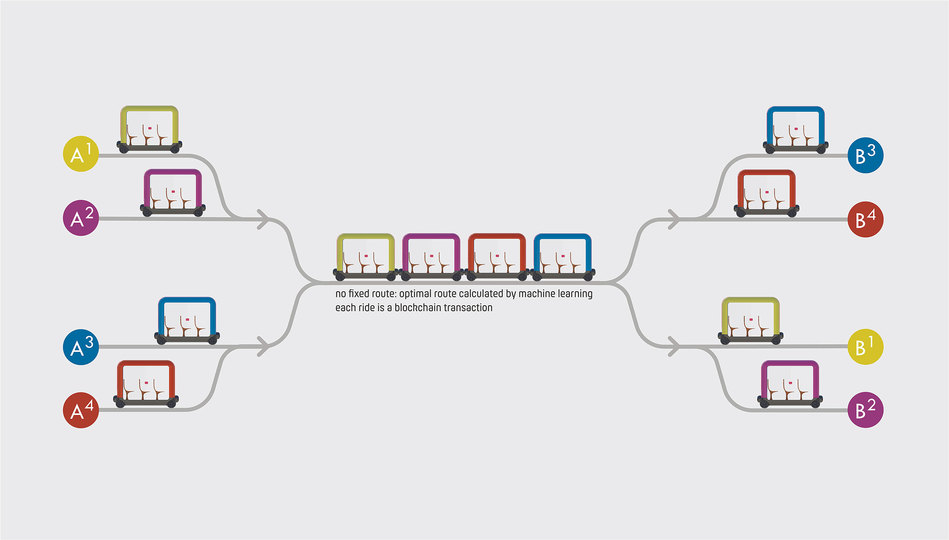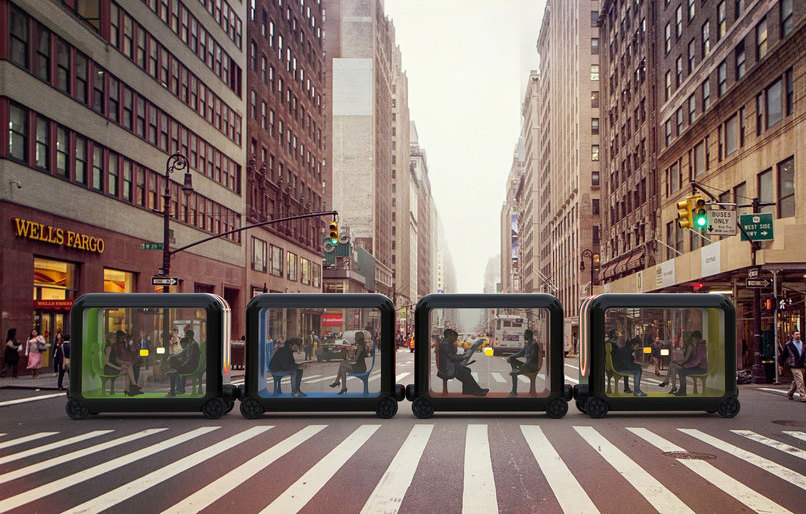Car ownership was a fundamental idea of progress since Henry Ford came up with his Model T in the early 20th century. During America’s golden years, roughly from the nineteen- fifties until 9/11, owning a car was the first thing on every teenager’s mind. It was a sign of freedom and independence, the visible expression of the American dream, and ultimately a social necessity. The car you owned showed who you are, what you like, and where you stand in the social hierarchy.
Things have changed. Millennials own less cars than previous generations. Notorious traffic jams, CO2 pollution and parking problems make car ownership in cities difficult, and smartphone- based ride-hailing services such as Uber make it less necessary.

Car ownership is also very ineffective. By most estimates, cars are used – that is, occupied and driven – just 5 per cent of their time. For almost all of its lifespan, a car is just parked on valuable city space which could instead be used for bike lanes, patios or gardens.
But practical considerations are just one part of what makes people want things. For baby boomers, car ownership was essential, a concept imbued with positive connotations: freedom, independence, individuality, status. Car designers came up with forms suggesting power and speed to maintain the emotional idea of automobiles. But for millennials, growing up with car sharing and Uber, car ownership has become just one of several alternatives.
Autonomous driving, while still not flawless, is becoming more safe. In public transport, only a minority of trains and buses offer the same degree of privacy as a private car. Still, if connections work, public transport makes great sense for rides which too short to fly and too long to effortlessly drive in a car.
Future transport could offer a similar degree of convenience as a privately owned car while at the same eliminating its glaring inefficiencies – its low usage rate, traffic jams, CO2 emissions, the difficulty of finding parking space, and the danger of traffic accidents.

Based on fractional ownership, future transport could be intelligent, autonomous, flexible, emission-free, and convenient. The way car companies operate today is still fundamentally based on car ownership. Once technology, design and business design are combined to offer a more attractive alternative, the entire business model of car companies – the ways cars are designed, produced, marketed and sold – might change to focus instead on usership.
Podchain is a public-private transport concept by Mario Gagliardi Design. Watch it at https://www.penccil.com/gallery.php?show=12454